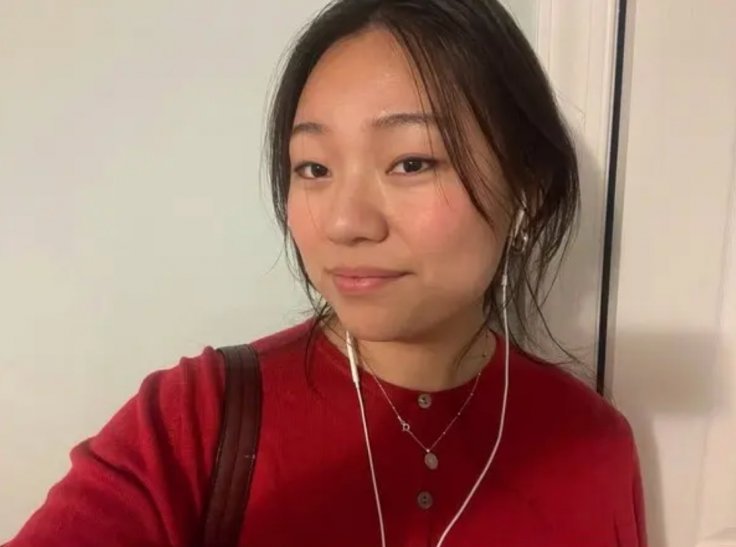A U.S. judge has halted the Trump administration's attempt to detain and deport a Columbia University student. The decision comes amid President Donald Trump's broader crackdown on foreign students involved in pro-Palestinian demonstrations.
At an emergency hearing on Tuesday, Judge Naomi Buchwald of Manhattan issued a temporary restraining order. This blocked the government's efforts to locate and deport Yunseo Chung, a 21-year-old Columbia University student.

Judge Questions Justification for Detention
"Defendants-respondents are enjoined from detaining the plaintiff-petitioner pending further order of this Court," Judge Buchwald ruled. She also questioned the basis for Chung's deportation, stating, "I don't think there is any evidence in the record that she would be a danger to the community."
The judge criticized the government's approach, saying, "The notion of putting this 21-year-old, who nothing in the record suggests is a danger, into ICE detention is not a particularly appealing result."
Chung, a South Korean citizen and U.S. permanent resident, was targeted under the same measures used against Columbia graduate student Mahmoud Khalil. Khalil is currently facing deportation. The government has accused both students of undermining U.S. foreign policy, a claim that allows officials to expel non-citizens.
Legal Fight Against Deportation
Chung's legal team filed a lawsuit on Monday, arguing that immigration laws are being misused to suppress political speech. "Immigration enforcement—here, immigration detention and threatened deportation—may not be used as a tool to punish noncitizen speakers who express political views disfavored by the current administration," her lawyers stated.
Chung has reportedly been in hiding. Her legal team revealed that Columbia University's public safety department informed her that homeland security agents were searching for her. Federal agents also searched two Columbia-owned residences on March 13 in connection with her case.
Attorney Ramzi Kassem, representing Chung, expressed relief at the ruling. "As of today, Yunseo Chung no longer has to live in fear of ICE coming to her doorstep and abducting her in the night," Kassem said.
Trump Administration's Crackdown on Columbia
The Trump administration has made Columbia University a key target of its broader immigration crackdown. Recently, the administration cut $400 million in federal funding for the university. Officials cited the school's alleged failure to protect Jewish students from harassment.
Trump has framed pro-Palestinian demonstrations on campuses as antisemitic. Activists, however, argue that these protests are acts of solidarity with Palestinians in Gaza.
On Tuesday, a coalition of university professors sued the Trump administration over its policies affecting foreign students and academics. The lawsuit, filed by the American Association of University Professors and the American Federation of Teachers, challenges the legality of the administration's actions. The lawsuit also seeks to reverse the funding cuts to Columbia University.
"The policy prevents or impedes Plaintiffs' U.S. citizen members from hearing from, and associating with, their non-citizen students and colleagues," the lawsuit states.
Columbia Responds to Federal Pressure
In response to federal scrutiny, Columbia University has introduced new measures to combat antisemitism and regulate protests. However, the administration has not fully met Trump's demands.
Meanwhile, Khalil remains in detention in Louisiana while his lawyers continue to fight his deportation. Unlike Khalil, Chung was not a prominent organizer of the student protests. Her lawyers acknowledge that she was previously arrested for "obstruction of governmental administration," but her case remains unresolved in New York courts.
Broader Concerns About Academic Freedom
Legal experts warn that the Trump administration's actions could set a dangerous precedent for international students and scholars. Todd Wolfson, of the American Association of University Professors, voiced concerns about the long-term impact.
"The Trump administration is going after international scholars and students who speak their minds about Palestine, but make no mistake: they won't stop there," Wolfson said.
The case has drawn national attention, raising questions about the intersection of immigration policy and academic freedom. As legal battles continue, advocates argue that deporting students for political speech threatens the fundamental rights of all academics in the U.S.








